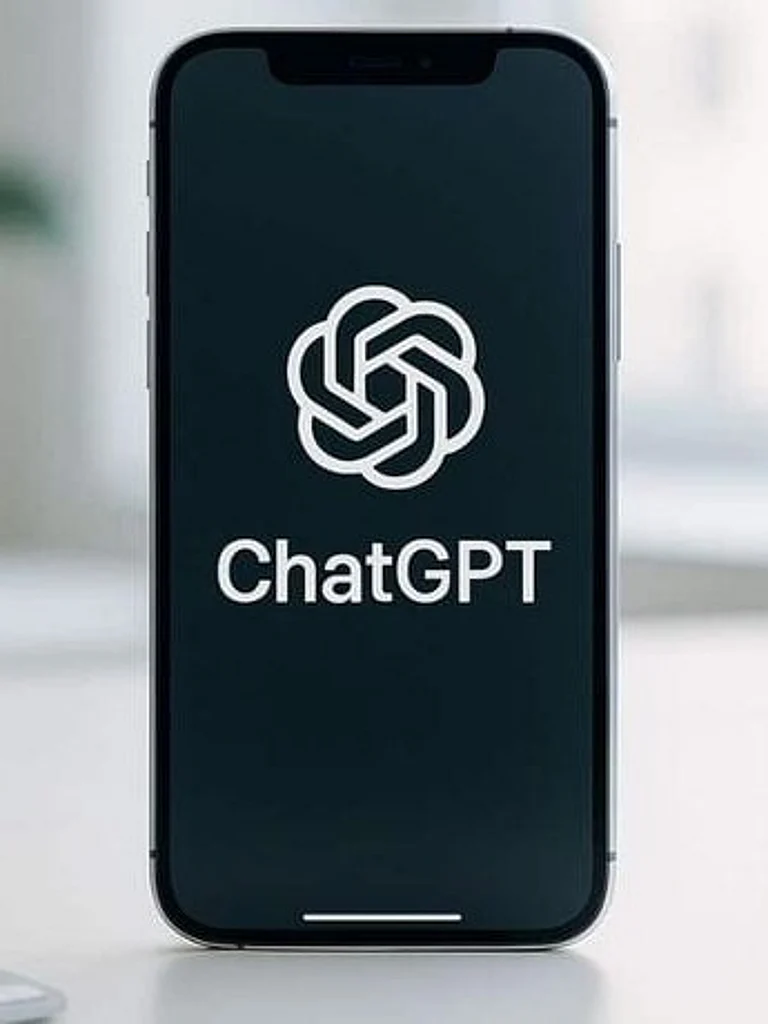OpenAI, perhaps one of the most hot topics among netizens, has yet again come out with a new update. The AI company has rolled out its very own search engine, "SearchGPT," which could give stiff competition to Pichai's "by default " Google and other search engines like Bing, Perplexity AI, DuckDuck Go and Brave.
The AI-powered search engine works quite differently from other players in the search game. Unlike providing a simple list-based result to a user prompt, SearchGPT provides a comprehensive and summarised result. As for now, the new search engine is available to only a few, and that too in a prototype form.
But can this mean an end to Google's reign as the king of search engines?
What's new to the table?
"Getting answers on the web can take a lot of effort, often requiring multiple attempts to get relevant results. We believe that by enhancing the conversational capabilities of our models with real-time information from the web, finding what you’re looking for can be faster and easier," OpenAI said in a blog post.
Interestingly, SearchGPT can also take follow-up questions to make the user experience more convenient and finer, just like an interpersonal conversation which often comprises a "context." While this might seem new, Perplexity already offers a similar feature.
A good search engine often focuses on providing relevant results and making things convenient for users. Advanced NLP (Natural Language Processing), smart algorithm play, API (Application Programming Interface) integration, all together ensure you get exactly what you are looking for.
Will SearchGPT end Google?
Being one of the first to lead the way in search engines, Google has long understood the importance of a great user experience. While it may not offer the same summarized results as SearchGPT or Perplexity, the tech giant has time-to-time brought in innovation.
Back in 2016, it introduced the "People Also Ask" feature so that users don't have to navigate unnecessarily on search pages, also called 'SERPs' (Search Engine Result Pages). A year later, Google integrated a multimedia tool in its search box "Google Lens."
It's fair to say that Google might be old, but it's certainly not falling behind, at least when it comes to the search engine space.
In 1998, when Larry Page and Sergey Brin initially launched Google, it wasn't the only search engine around. Back then, users also had options like Yahoo, Wandex and Lycos.
Fast forward to today, and the search engine scene is even more crowded, with over 100 choices available. In fact, as per Seo.ai, there are more than 1,500 search engines worldwide when you include niche ones designed for particular features and regions.
Despite all the competition, Google has held onto its dominance with a market share of over 90 per cent. But it hasn’t all been smooth sailing as the company has faced criticism and antitrust lawsuits for keeping a tight grip on the search engine market.
Right now, the digital space looks a bit blurry as new innovations keep popping up and companies worldwide try to woo netizens towards their latest products/updates.
After Google failed to impress people with its AI product, there's been a lot of talk around whether it can hold onto its crown in the search engine space. But whatever comes in, it would be an interesting watch in the corporate AI war.
































